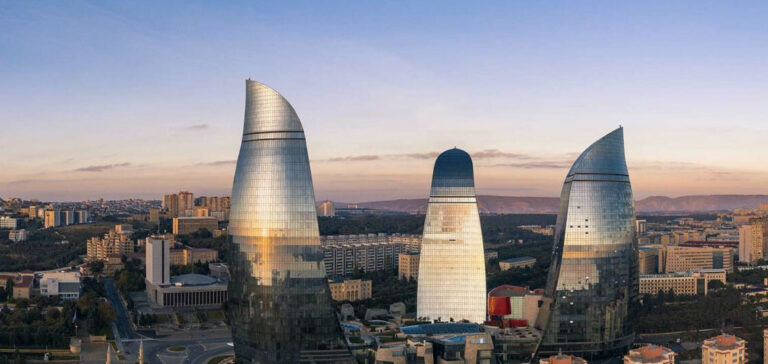The opening of the 10th Ministerial Meeting of the Southern Gas Corridor Advisory Council and the 2nd Ministerial Meeting of the Green Energy Advisory Council marked significant advances in international energy cooperation. These events, which took place on March 1, 2024 in Baku, brought together representatives from the 23 partner governments as well as 52 institutions and companies. This gotha testifies to the unwavering determination of the European Union and the Republic of Azerbaijan to pursue their strategic partnership in the field of energy.
Crucial role of the Southern Gas Corridor
The Board reaffirmed the importance of the GSC as a reliable transmission belt, capable of providing a stable and competitive supply of energy. The ministerial meeting welcomed the continued operational success of the GSC for the third year running. In 2023,Azerbaijan exported around 12 billion cubic meters of natural gas to the EU, an increase of over 45% since 2021. In total, Azerbaijan exported around 23.9 billion cubic meters of natural gas in 2023 to the EU, Turkey, Georgia and Serbian markets. A pioneer in green energy,Azerbaijan is leading the way in the energy transition.
Energy Transition and Environmental Commitment
Discussions at the round table highlighted the need for a united front to implement the energy transition. In line with international standards and initiatives to combat climate change, serious efforts must be made to reduce methane emissions, and ultimately minimize the impact of air pollution. In this respect, according to the speakers, it is important to continue to follow the path laid out by the Global Methane Pledge and the Oil and Gas Methane Partnership 2.0. Participants agreed on the importance of accelerated action to achieve all these ambitious targets, including tripling renewable energy capacity and doubling energy efficiency improvements by 2030.
Strengthening international cooperation
During this inter-state gathering, the stakeholders discussed the ongoing hard work to develop gas fields and infrastructure. These are designed to further increase Azerbaijan’s gas supplies to the European Union. The Solidarity Ring initiative was mentioned, as was the Bulgaria-Serbia Interconnector project. Participants encouraged both the full utilization of existing transmission systems, such as the Trans-Balkan pipeline, and the completion of ongoing projects that will further diversify supplies to the integrated European market.
Incidentally, this interdepartmental meeting did much more than highlight the crucial role of the GSC. She reiterated the common imperative for the EU and Azerbaijan to establish effective dialogue and close cooperation to meet the challenges of energy security and climate change.






















